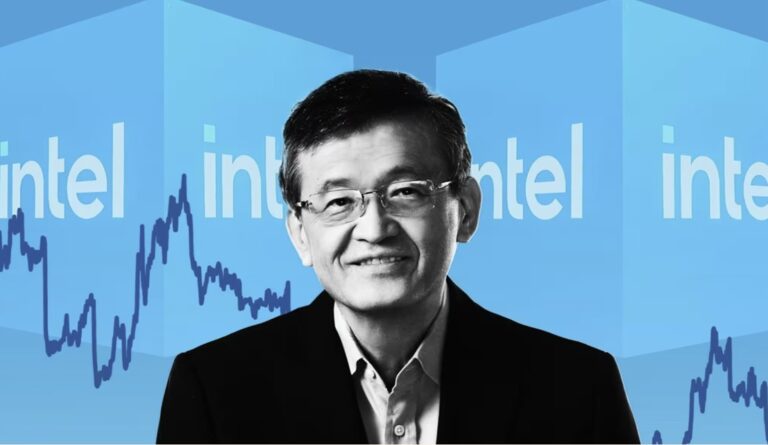An Apple / Samsung settlement is becoming more likely.
- Apple and Google have dropped all of their outstanding litigation and will work together to reform patent law.
- This is not nearly as exciting as it sounds because:
- First. The agreement was reached without the signing of a cross licence making this “second class settlement”.
- Second: The suits were dropped “without prejudice” which means that they could refile should they wish to do so.
- A second class settlement is one where the companies simply drop their suits and walk away.
- Effectively what has happened is that Apple and Google have looked at their outstanding litigation and both decided that it is not worth continuing to fight it out.
- This is a pretty clear sign that the patent portfolios of both companies are weak and this has direct and positive implications for smartphone makers who have no real IPR of their own.
- They will now be less fearful of litigation.
- I suspect that the transfer of Motorola to Lenovo has also been a factor in Apple’s decision as the real “culprit” in Apple’s mind is the Android software which is not written by Motorola.
- Now that Motorola will be owned by Lenovo, Apple once again is stuck as Google now has no tangible Android products against which it can assert its IP.
- It is clear that Steve Jobs strategy to destroy Android through patent litigation has failed but at the same time so has Google’s strategy to protect Android makers from litigation.
- This settlement has no direct implications for the battle between Apple and Samsung other than it is another sign that Apple’s patent portfolio is much weaker than Apple would have us believe.
- However, it increases my hopes further that Apple and Samsung will come to a cross licence before the end of this year.
- This is the second event that I believe will make Apple more willing to negotiate with Samsung on more reasonable terms.
- The first was the very low damages awarded to Apple in its recent victory over Samsung (see here)
- I would also expect Google to drop is lawsuits against Microsoft as the incoming Nokia handset business already has a licence for the Motorola patents that Google acquired.
Take home message
- This second degree peace is further indication that the patent wars are starting to wind down.
- The White House has hit rightly destroyed the value of injunctions for standard essential patents (see here) and now the court system has set a precedent for awarding low royalties.
- I believe that this will make the technology industry less litigious, more open to negotiations and most importantly of all less greedy.









Blog Comments
Tim Nash
May 19, 2014 at 5:21 pm
Samsung has a history of using other companies IP – see the the recent Vanity Fair article. However this is the first time it has taken on a competitor, Apple, with deeper pockets than it has.
Samsung has a real problem in that much of its range of smartphones and much of its market share is not very profitable and therefore it cannot afford to pay a royalty that its competitors don’t already pay. This is why it is OK with a Microsoft IP licence – all its major competitors have those.
Google has indemnified at least some of the manufacturers regarding certain aspects of Android – this came out In the last trial in California. Therefore, from Apple’s perspective, it is much more cost efficient to sue Samsung, even for Android IP infringement, as it takes place on their devices. Also Motorola is like HTC, with whom Apple has settled, no longer big or important enough to be worth litigating against.
Apple also needs to make it as expensive as possible for other companies to copy. If it is to stay highly profitable, it has to stay recognisably different – Xiomi is looking to market the Mi Pad internationally.
I expect Apple to continue to litigate Samsung until the Supreme Court decides what level of IP infringement can generate a sales ban or juries decide to standardise on either very low or very high damages. We are still in the early stages, before the Appeals Court has come to a decision over what damages should be awarded and if a sales ban is appropriate over the juries decisions so far.
Samsung vs. Apple – Hint of sanity | Radio Free Mobile
August 6, 2014 at 10:41 am
[…] This is similar to the agreement between Apple and Google in May 2014 where both companies dropped their suits and walked away. (see here). […]